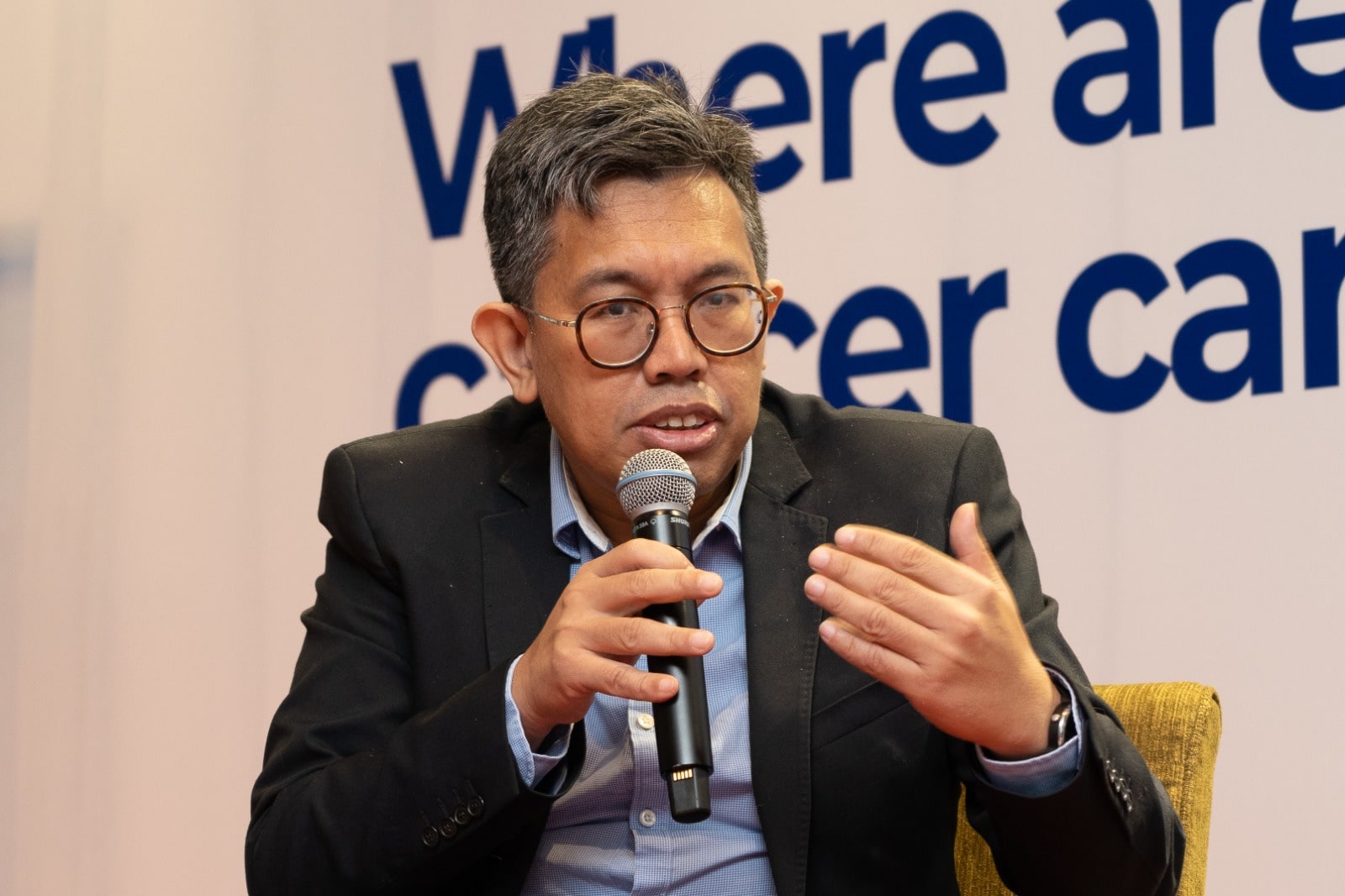KUALA LUMPUR, Oct 13 – Budget 2024 lacks clarity on the government’s plans to address attrition of health care professionals from the public sector, the Galen Centre for Health and Social Policy said today.
Prime Minister and Finance Minister Anwar Ibrahim, during the tabling of Budget 2024 in Parliament earlier today, noted that Malaysia has yet to fulfil the ratio of one doctor for every 400 patients, but omitted any mention of expanding the medical workforce in the public health service, touching only on new development projects instead.
“”This strong and clear commitment by the federal government to improve Malaysia’s health care delivery system can be seen in the hundreds of millions allocated to building and modernising clinics, hospitals, and replacing ageing and obsolete infrastructure,” Galen Centre chief executive Azrul Mohd Khalib said in a statement.
“However, what is not that clear, is how the government intends to address the problem of recruiting, retaining and preventing the haemorrhage of skilled health care workers, such as nurses, doctors, and specialists from the public to private sector, and the loss of these same professionals to other countries such as Australia.
“The Finance Minister pointed out that Malaysia still falls short of the target of one doctor for 400 patients. The government must also demonstrate commitment to not only recruit new personnel, but fund the promotion of existing staff and increase salaries to support retention of skilled health care workers. This was not made clear.”
Anwar’s Budget 2024 speech announced a special incentive of RM2,000 for all civil servants Grade 56 and under, including contract staff, as well as RM1,000 for all public sector main positions, including the police, firefighters, military, Armed Forces, and all uniformed personnel.
This incentive was announced pending the completion of a review, estimated by the end of next year, of salary and fixed allowance schemes for civil servants across all service schemes. The wage review was last conducted more than a decade ago in 2012.
Health Minister Dr Zaliha Mustafa told Parliament last Wednesday that the Ministry of Health (MOH) would continue to “study” the brain drain problem among doctors and other health care professionals in the public health service.
Based on MOH statistics, the number of contract medical officers who quit Malaysia’s public health service in 2022 alone (1,354 resignations) exceeded resignations in the two previous pandemic years combined at 1,279. From 2017 to 2022, resignations of contract MOs spiked 1,131 per cent.
Azrul welcomed the raise in excise duty on sugar-sweetened beverages (SSBs) from 40 sen to 50 sen per litre, but called for the revenue to be directed to health communications, preventive health interventions, and healthy breakfast programmes for school children, as was originally intended when the tax was first imposed in 2019.
Anwar told Parliament that revenue from the SSB tax would be spent on diabetes treatment, including support for dialysis centres.
“Every year, nearly one million Malaysians fall sick, either with diabetes, hypertension, high cholesterol or various other diseases. We must want to keep people healthy. It is the only effective and sustainable way to manage non-communicable diseases and reduce the burden of care in the long run,” Azrul said.
“With 3.9 million people living with diabetes and around 9,000 kidney patients annually newly registered and needing dialysis treatment, this budget and future editions will never be enough to meet the demand. We must do things differently.”
The Anwar administration gave a large 13.5 per cent raise to the MOH’s budget, amounting to an RM4.9 billion increase from RM36.3 billion for 2023 to RM41.2 billion for Budget 2024.
The MOH’s 2024 allocation comprises RM35.2 billion for operating expenditure and RM6.1 billion for development expenses.
“Health gets a major shot in the arm, but is it enough?” Azrul remarked.
He pointed out that although the Budget 2024 speech mentioned the Health White Paper, there was no indication of any commitment to addressing the issue of sustainable health care financing and investing in a sustainable long-term solution.
“In order to ensure that Malaysia’s health care system is able to continue to provide quality, affordable and accessible health services for all in the decades to come and tackle the challenges of preventing and treating NCDs, of mental health and an ageing population, the government must commit itself to finding a way forward on this question.”
Azrul also said the RM100 million allocation for the Madani Medical Scheme, a potential “game changer” that could reduce congestion in government clinics and hospitals, was insufficient.
“By providing those who qualify to be enrolled in the scheme particularly those from lower income households, with subsidised access to private general practitioner (GP) clinics at a national level, this scheme could significantly relieve the pressure and burden on congested emergency departments at public hospitals across the country.
“However, based on the Selangor experience, I believe that RM100 million is too low for such an ambitious coverage target. It should be twice the amount and given the necessary resources to succeed.”








